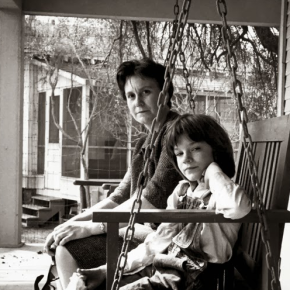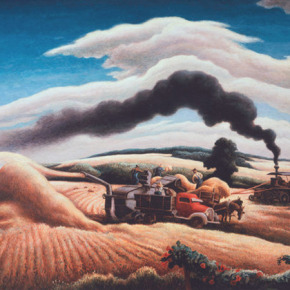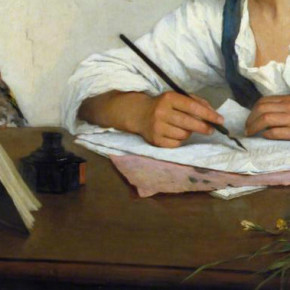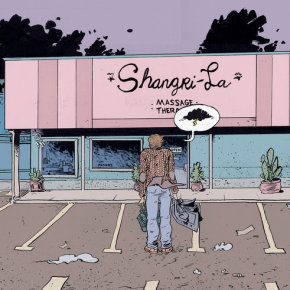
The Curious Case of Harper Lee vs. the County School Board
by Jamal Stone Harper Lee’s To Kill a Mockingbird has become a rite of passage for middle- and high-school students for its sensitive approach to mature topics such as racism, rape, and murder. But in 1966 some parents found its subject matter “immoral.” At least that was the reason given when Virginia’s Hanover School Board, then embroiled in the...

The Woman Behind “The Grapes of Wrath”
by Carla Dominguez Sanora Babb was a writer, poet, and journalist who spent most of her adult life living in the shadow of John Steinbeck. By a strange twist of fate, the meticulous notes she took during her time visiting migrant workers in the Dust Bowl underpinned two novels: her own, Whose Names Are Unknown, and...

Mary Karr on Reading and The Art of Memoir
This week we recommend an interview with poet and memoirist Mary Karr at The Paris Review, The Art of Memoir No. 1. In the interview, Karr, the author of the memoirs The Liars’ Club, Cherry, and Lit, as well as four volumes of poetry and other works, speaks with Amanda Fortini on the nature of memoir,...

Electric Literature asks: Was 2014 the year of the essay?
This week we’re recommending Jason Diamond’s piece over at Electric Literature posing the question of why, exactly, 2014 seemed to be “the year of the essay.” Citing a wide range of literary memoirs, ranging from the personal to the political, published anywhere from established presses to open-source blogging sites, Diamond writes, “Whether it be from...









